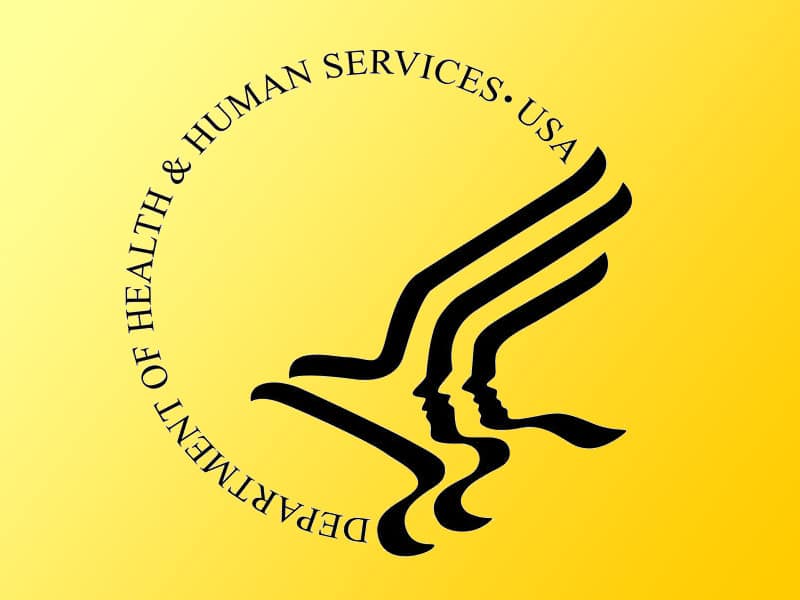
Law firms providing legal services to healthcare providers or other covered entities may be subject to HIPAA as business associates.
While working with healthcare organizations, lawyers often encounter various types of protected health information (PHI), including medical records, billing and insurance information, mental health records, substance abuse treatment records, and personal identifiers such as names and Social Security numbers. In these cases, law firms are required to sign business associate agreements (BAAs) and adhere to HIPAA regulations.
Read more: Are lawyers considered business associates?
Secure email communication with PHI
Transmitting PHI via email can be risky due to potential breaches and unauthorized access. To ensure compliance with HIPAA regulations, developing and implementing a clear email usage policy for PHI is essential for law firms.
Adopt the following best practices to secure email communication:
- Encrypt email messages, both at rest and in transit, to protect the confidentiality of PHI by using a HIPAA compliant email service.
- Implement access controls to limit access to PHI only to authorized individuals.
- Use strong, unique passwords and multi-factor authentication to enhance the security of email accounts.
- Confirm intended recipients before sending emails containing PHI and include appropriate disclaimers.
Related: How to send HIPAA compliant emails
Law firm software and HIPAA compliance
When managing PHI, law firms must ensure that the software they use is HIPAA compliant. This section delves deeper into the aspects of law firm software that relate to HIPAA compliance.
1. Identifying software handling PHI
Law firms should identify all software that may handle or store PHI. Common software types to consider include:
- Case management systems
- Document management systems
- Billing and accounting software
- Legal Practice Management Software
- E-Discovery Software
- Document Automation Software
- Client portals
- Email and communication platforms
- Cloud storage providers
2. Assessing software for compliance
Once the software handling PHI is identified, law firms must assess each for compliance with HIPAA regulations. Key factors to evaluate include:
- Data encryption: Ensure the software encrypts PHI at rest and in transit.
- Access controls: Verify that the software has robust user authorization and permission settings to limit access to PHI.
- Audit trails: Confirm that the software maintains detailed logs of user actions, including access and modifications to PHI.
- Data storage location: Check whether the software stores data in a secure environment, and if it uses third-party data centers, ensure they meet security standards.
- Breach notification procedures: Review the software vendor's policies for notifying users in the event of a security breach.
3. Addressing non-compliant software
If non-compliant software is identified, law firms should take appropriate measures to mitigate risks, such as:
- Upgrading or replacing non-compliant software with compliant alternatives.
- Restricting the use of non-compliant software for PHI-related tasks and limiting access to authorized personnel.
- Implementing additional security measures, like secure data backups and network monitoring, to supplement the software's existing features.
4. Evaluating and selecting HIPAA-compliant software
When evaluating potential HIPAA-compliant software, law firms should consider the following aspects:
- Vendor's commitment to compliance: Assess whether the vendor actively maintains and updates its software to stay compliant with evolving regulations.
- Business associate agreement: Vendors of business associates that manage or transmit PHI on behalf of the business associate are considered "subcontractors" under HIPAA regulations and must sign a BAA with the business associate.
- Integration capabilities: Check if the software can be easily integrated with other systems used by the law firm, minimizing data transfer risks.
- Customization options: Look for software that offers customization features to tailor security settings and workflows to the firm's needs.
- Scalability: Ensure that the software can grow with the firm, accommodating increasing users and expanding data storage requirements.
- Customer support: Confirm that the vendor provides responsive and knowledgeable customer support to address compliance-related concerns or technical issues.
5. Maintaining compliance
HIPAA compliance is an ongoing process, and law firms should periodically review their software solutions to ensure they continue to meet the required standards. Regular software updates, employee training, and compliance audits are essential to maintaining a secure environment for PHI.
Why it matters
Law firm software plays a critical role in HIPAA compliance. By identifying software handling PHI, assessing it for compliance, addressing non-compliant software, and selecting the right HIPAA-compliant software, law firms can better protect their clients' sensitive information and maintain trust in their services.
Developing a comprehensive HIPAA compliance program that includes software management is essential to staying ahead in the ever-evolving data privacy and security landscape.
Read more: NY AG secures $200,000 from law firm for failing to protect PHI
Subscribe to Paubox Weekly
Every Friday we'll bring you the most important news from Paubox. Our aim is to make you smarter, faster.

 Dean Levitt
Dean Levitt



